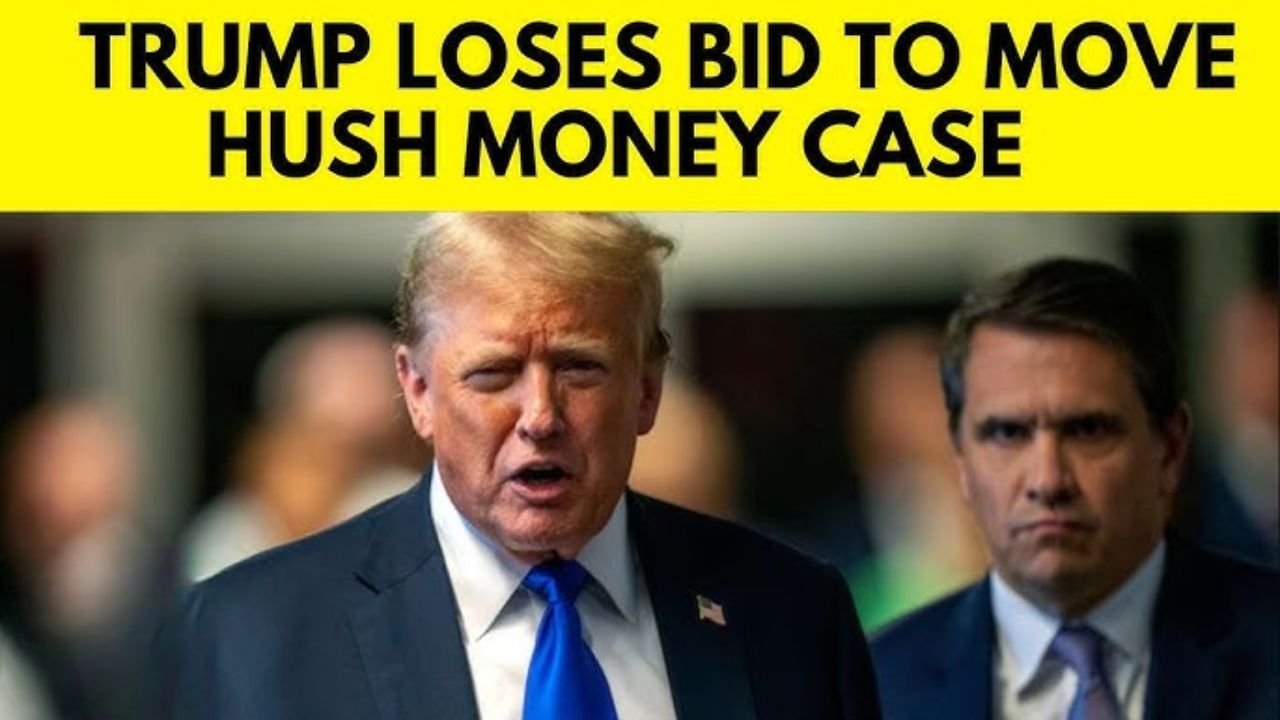What is Hush Money?
Hush money refers to payments made to individuals to prevent them from disclosing information that could be damaging to the payer’s reputation, career, or personal life. This practice is often associated with scandals, particularly in the realms of politics, entertainment, and business. The payments are typically made under the condition of confidentiality, ensuring that the recipient does not reveal sensitive information.
Key Aspects of Hush Money
| Aspect | Description |
| Purpose | To prevent the disclosure of sensitive or damaging information. |
| Common Scenarios | Legal settlements, allegations of misconduct, or private matters becoming public. |
| Legal Implications | Can involve legal contracts; however, it may also raise ethical and legal questions if used to conceal wrongdoing. |
| Public Perception | Often viewed negatively, particularly if it suggests an attempt to silence victims or avoid accountability. |
Common Contexts for Hush Money
- Political Scandals: Politicians may pay to silence allegations of misconduct, extramarital affairs, or other potentially damaging revelations that could affect their careers.
- Corporate Settlements: Businesses might offer to employees or former employees to prevent them from speaking out about issues such as harassment, discrimination, or unethical practices within the company.
- Celebrity Cases: Public figures, including actors and musicians, may pay to avoid negative press related to personal scandals or legal issues.
Legal and Ethical Considerations
Legal Implications
The legality of hush money payments can vary significantly based on jurisdiction and the circumstances surrounding the payment. In some cases, such payments may be considered legal, especially if they are part of a settlement agreement. However, if the payment is made to conceal illegal activities (such as bribery or fraud), it can lead to criminal charges.
Ethical Concerns
The ethical implications are often debated. Critics argue that it perpetuates a culture of silence and accountability avoidance, allowing wrongdoing to go unaddressed. Supporters might contend that individuals have the right to negotiate their privacy and protect their reputations.
Notable Cases Involving Hush Money

1. Donald Trump and Stormy Daniels
One of the most high-profile cases in recent years involved former President Donald Trump and adult film actress Stormy Daniels. Allegations surfaced that Trump’s personal lawyer, Michael Cohen, paid Daniels $130,000 shortly before the 2016 presidential election to keep quiet about an alleged affair with Trump. The payment and subsequent investigation led to significant legal and political ramifications for Trump and his associates.
2. Harvey Weinstein
Hollywood producer Harvey Weinstein was known for paying off multiple women to silence allegations of sexual misconduct. Over the years, Weinstein reportedly paid settlements to at least eight women, including actress Rose McGowan. These revelations ultimately contributed to the larger #MeToo movement and discussions about accountability in the entertainment industry.
3. Bill Cosby
Comedian Bill Cosby faced numerous allegations of sexual assault and misconduct from various women over the years. In 2006, Cosby settled a civil lawsuit with a former employee of Temple University, Andrea Constand, who accused him of sexual assault. The settlement amount was not disclosed, but it was reported to be substantial.
4. Roger Ailes
Former Fox News chairman and CEO Roger Ailes was accused of sexual harassment by several women, including anchor Gretchen Carlson. In 2016, Ailes resigned from his position after Carlson filed a lawsuit against him. It was later revealed that Ailes had a history of making hush money payments to women who accused him of misconduct.
5. Silicon Valley Companies
Several tech companies, such as Uber and Google, have faced scrutiny for using to settle claims of workplace harassment or discrimination. These cases have raised questions about corporate culture and ethics in the industry.
These high-profile cases involving payments have sparked important conversations about accountability, transparency, and the treatment of women in various industries.
Conclusion
Hush money remains a controversial topic, intertwining legal, ethical, and social dimensions. While it can serve as a tool for individuals to protect their privacy, it also raises significant concerns about accountability and transparency. As society continues to evolve, discussions surrounding it are likely to remain relevant, particularly in the context of increasing calls for transparency and ethical behavior in both public and private sectors.
Frequently Asked Questions (FAQs)
Q1. Is hush money illegal?
Ans. Hush money itself is not inherently illegal; however, its legality can depend on the context in which it is used. If the payment is made to conceal illegal activities, it may lead to criminal charges for both the payer and the recipient.
Q2. What are the potential consequences of paying hush money?
Ans. Paying can lead to various consequences, including legal repercussions, damage to reputation, and potential civil lawsuits. It can also create a cycle of secrecy that complicates matters further.
Q3. How can hush money be differentiated from legitimate settlements?
Ans. Typically aims to silence individuals from disclosing damaging information, while legitimate settlements are often part of a legal agreement to resolve disputes, with transparency and mutual consent.
Q4. What should someone do if they are offered hush money?
Ans. If offered hush money, it is advisable to consult a legal professional to understand the implications and potential consequences. They can provide guidance on how to proceed and protect one’s rights.
Q5. Can hush money be reported or disclosed later?
Ans. Yes, agreements can sometimes be disclosed later, especially if they are part of a legal investigation or if the recipient decides to break the confidentiality agreement. However, doing so may lead to legal consequences depending on the terms of the agreement.
Read Our More Blogs..

